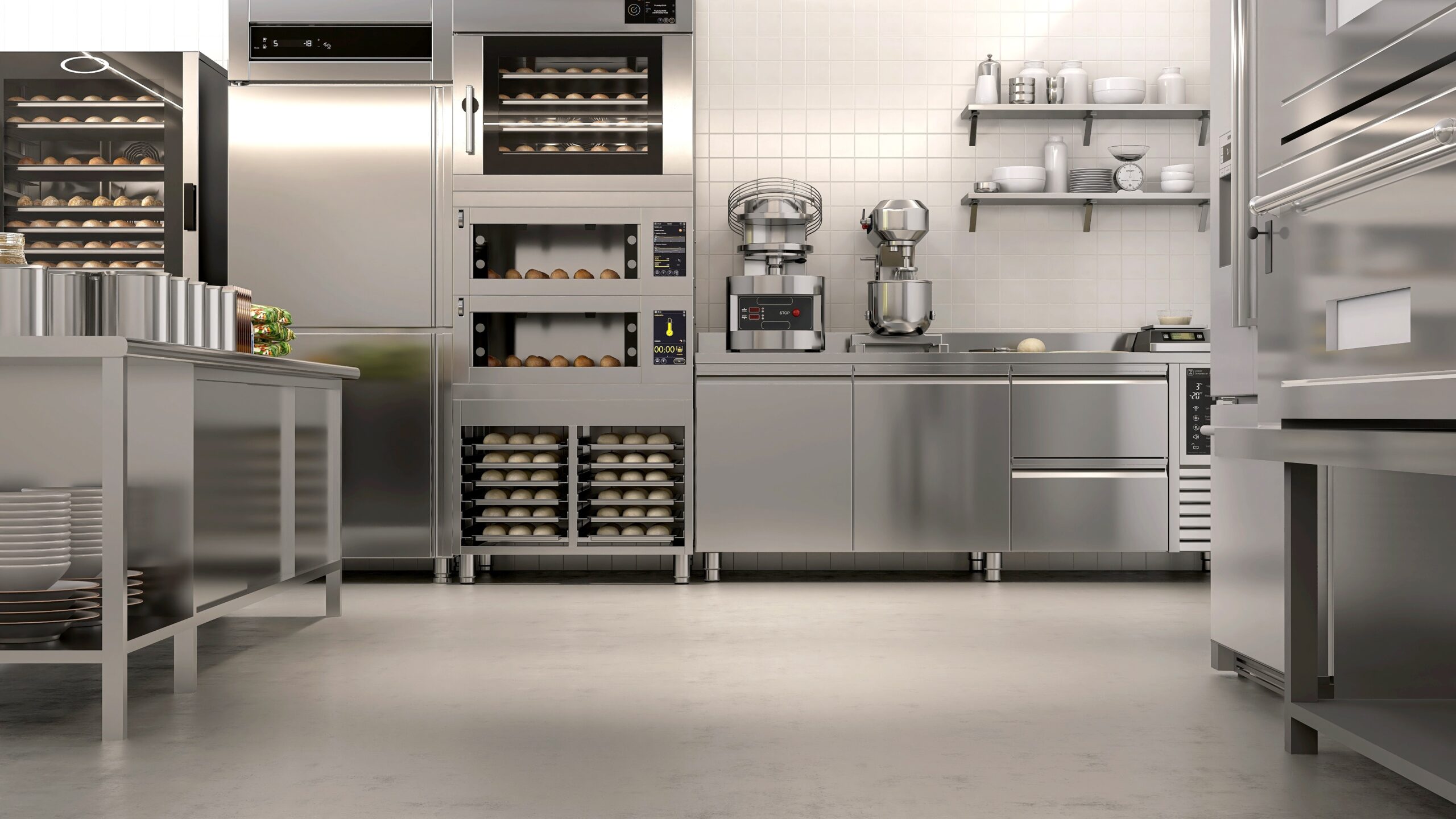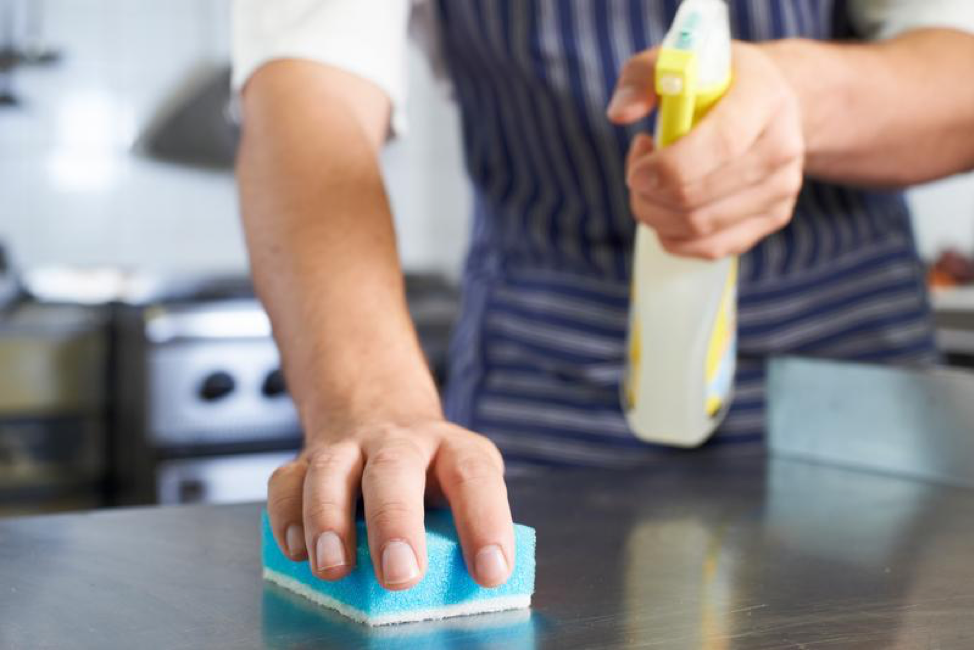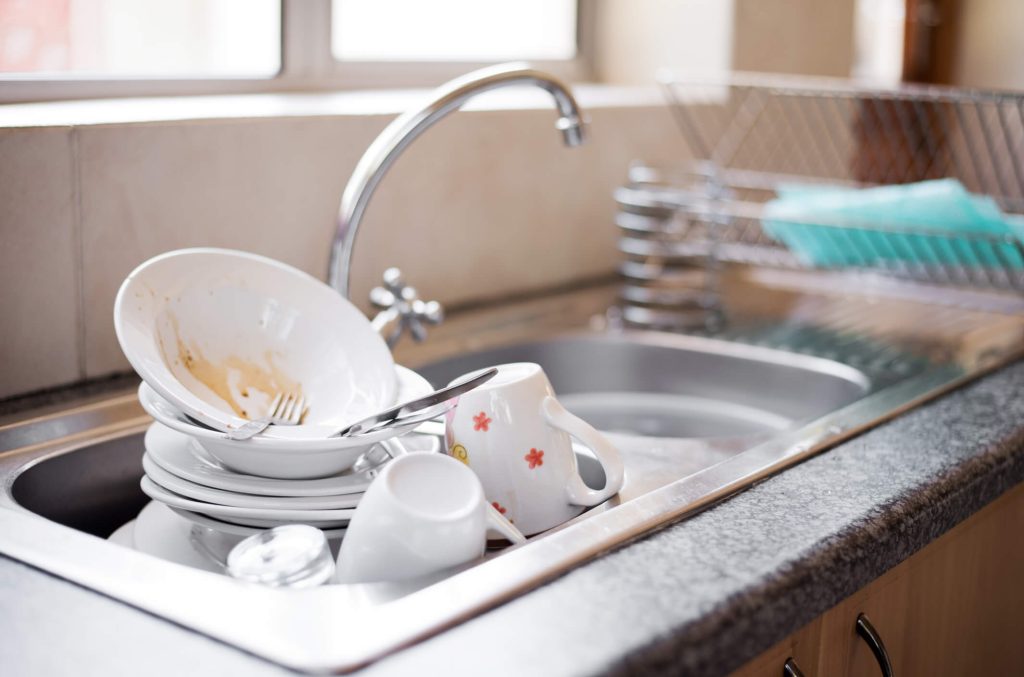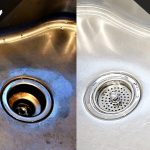Keeping your kitchen clean is very important. It helps you stay healthy. A clean kitchen prevents sickness. Here are some easy tips to keep your kitchen sanitary.
1. Wash Your Hands
Always wash your hands before cooking. Use warm water and soap. Wash for at least 20 seconds. This helps remove germs. Remember to wash your hands:
- Before touching food
- After using the bathroom
- After touching pets
- After handling trash
2. Clean Surfaces
Wipe down surfaces often. Use a clean cloth and mild cleaner. Focus on places where you prepare food. This includes:
- Countertops
- Cutting boards
- Stovetops
- Kitchen tables
Make sure to clean after each use.
3. Keep Food Covered
Always cover your food. Use lids, plastic wrap, or containers. This keeps dust and bugs away. It also keeps food fresh. Store food in the fridge when not using it.
4. Store Food Properly
Store food in the right places. Keep raw meat on the bottom shelf. This stops juices from dripping on other food. Use airtight containers for leftovers. Label containers with dates.
5. Check Expiry Dates
Always check food expiry dates. Throw away expired food. Old food can make you sick. Regularly check your pantry and fridge.
6. Clean the Fridge
Keep your fridge clean. Remove old food weekly. Wipe shelves with a cloth. Use a mild cleaner. This helps avoid bad smells and germs.
7. Wash Dishes Properly
Wash dishes right after using them. Use hot water and soap. Make sure to scrub well. Rinse off all soap. Dry dishes with a clean towel.
8. Use Separate Cutting Boards
Use different cutting boards for different foods. Have one for meat and another for vegetables. This stops germs from spreading. Color-coded boards help you remember.
9. Take Out the Trash
Take out the trash often. Keep trash cans clean. Use trash bags and close them tightly. This stops bad smells and bugs.
10. Clean Spills Right Away
Clean spills as soon as they happen. Use a cloth or paper towel. This prevents slips and keeps the kitchen tidy. It also stops stains and bacteria from growing.
11. Use Safe Cleaning Products
Choose safe cleaning products. Avoid harsh chemicals. Look for gentle cleaners that work well. Always read the labels before using them.
12. Keep Appliances Clean
Clean your kitchen appliances regularly. Wipe the microwave, toaster, and blender. These can gather dirt and germs. Make sure to follow the manufacturer’s cleaning guide.
13. Maintain Good Ventilation
Good air flow is important. Open windows while cooking. Use a fan or exhaust hood. This helps remove smoke and smells. It also keeps the kitchen fresh.
14. Avoid Clutter
Keep your kitchen tidy. Avoid clutter on counters. Store items in cabinets and drawers. This helps you clean easily. A tidy kitchen is a safe kitchen.

Credit: safekitchens.com
15. Check Your Water Supply
Make sure your water is clean. Use filtered or bottled water for cooking. Test your tap water if unsure. Clean water is important for cooking and drinking.
16. Teach Kids About Kitchen Safety
Teach your kids about kitchen rules. Show them how to wash hands. Explain why cleaning is important. Make it fun for them to learn.
17. Use a Food Thermometer
Use a food thermometer when cooking meat. This ensures it is cooked properly. Safe temperatures prevent foodborne illnesses. For example, chicken should be 165°F.

Credit: commercialkitchensllc.com
18. Dispose of Food Waste Properly
Dispose of food waste correctly. Compost scraps when possible. Use a garbage disposal for small bits. This helps reduce trash and keeps your kitchen clean.
19. Regularly Inspect Your Kitchen
Inspect your kitchen every month. Look for signs of pests. Check for leaks or mold. Fix problems quickly to avoid bigger issues.
20. Stay Informed
Stay updated on food safety tips. Read articles or watch videos. Learning helps you keep your kitchen safe. Share what you learn with family and friends.
Frequently Asked Questions
What Are The Best Practices For Kitchen Hygiene?
Keeping your kitchen clean is vital. Regularly wash hands, surfaces, and utensils to avoid germs.
How Often Should I Clean My Kitchen?
Clean your kitchen daily. Deep clean it weekly for best results.
What Should I Use To Sanitize Kitchen Surfaces?
Use a mix of water and bleach or vinegar to sanitize surfaces. This kills harmful bacteria.
Why Is Food Storage Important For Sanitation?
Proper food storage prevents spoilage and keeps bacteria away. It helps maintain food safety.
Conclusion
Keeping your kitchen clean is easy. Follow these tips for a sanitary kitchen. A clean kitchen means a healthy home. Take small steps every day. Your health is worth it. Start today and enjoy cooking in a safe space!



